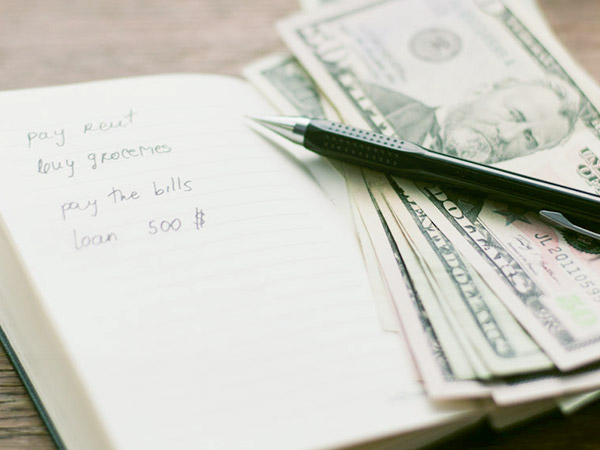Guide To Financial Confidence
Financial Education
Podcast: How One Couple Saved $36,000 in 9 Months
Budgeting
Family Life
Money Management
Podcast
TRANSCRIPT

What To Do If You Can’t Pay A Bill

Helping Our Communities, One Person At A Time.

Tips for Managing Money and Paying Off Student Debt After Graduation

How to Protect Yourself From New Scams

5 Ways To Save Money During The Holidays

How To Protect Yourself From Common Scams

5 Self-care Ideas To Manage Stress This Holiday Season

5 Tips To Your Home Improvement Sweet Spots





Featured Products
Financial Education
About
Help & Support





Stay on SummitCreditUnion.com
Go
Consumer Financial Protection Bureau's website.



